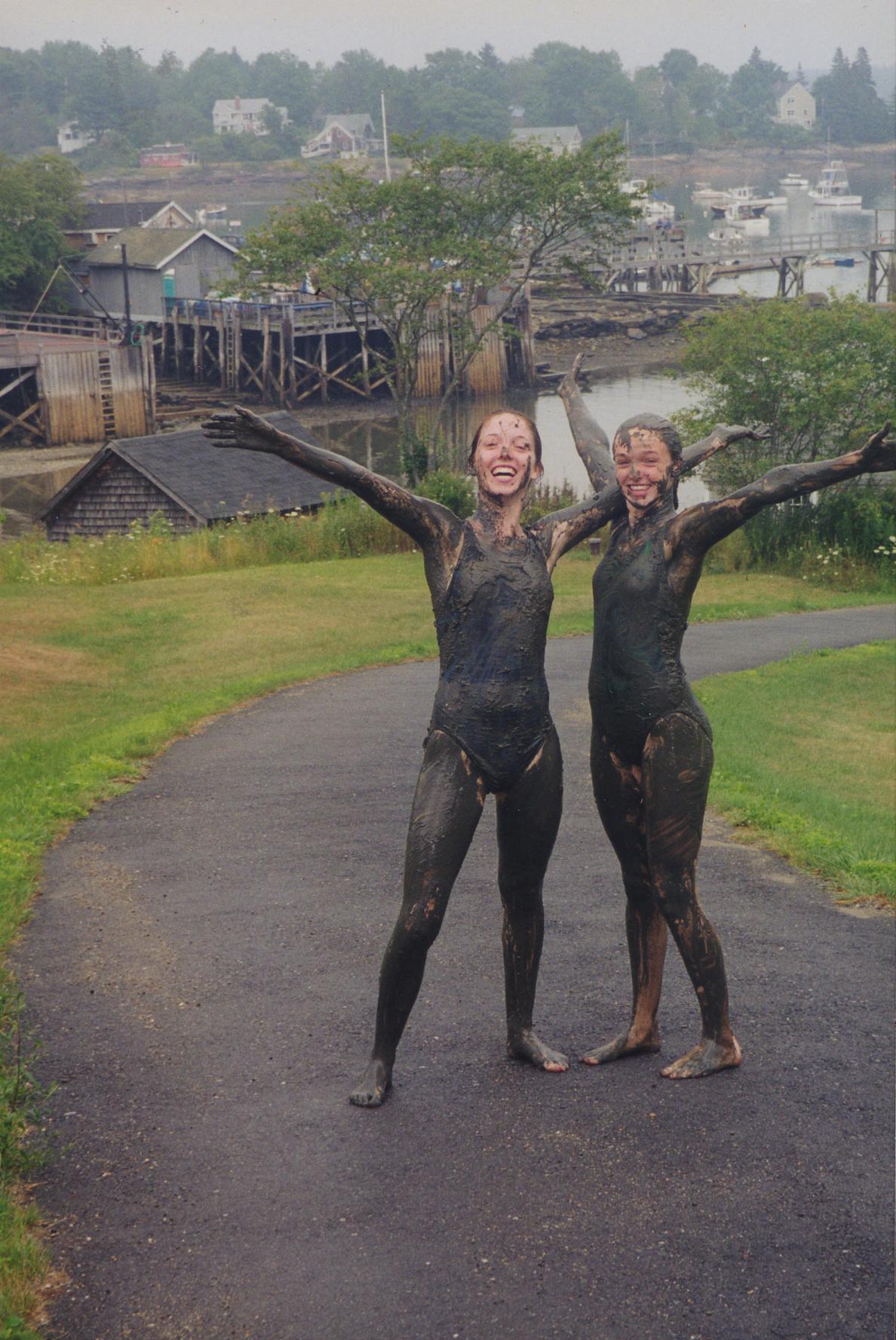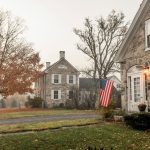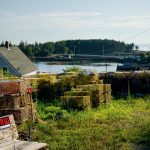Mermaids
Ten years ago during our annual summer vacation in Round Pond, Maine, our daughters, 12 and 14, ran down to the little harbor at low tide to roll around in the mud. On a lobster pier above them, diners observed with delight, applauding the reckless abandon of these two teenagers whose laughter echoed across the […]

Coffee By Design | Portland, Maine
Photo Credit : Katherine KeenanTen years ago during our annual summer vacation in Round Pond, Maine, our daughters, 12 and 14, ran down to the little harbor at low tide to roll around in the mud. On a lobster pier above them, diners observed with delight, applauding the reckless abandon of these two teenagers whose laughter echoed across the water.
My husband, Ed, and I watched from the deck of our rented house as they emerged and walked toward us. Their slim bodies, clad in tank suits, were covered in muck. It clung to their long hair like clay, and reeked of dead fish, seaweed, and salt. Even though we hosed them down and they took long showers, for days they still emitted a slight scent of fish, as if they were mermaids.
Every year when we’d arrive from the city, the girls would don their bathing suits at high tide, run down to the dock, and plunge into the icy water. We’d have old-fashioned ice cream cones from a country store around the bend, eaten outside in Adirondack chairs. On the pier across the water from our house we could have lobster, pulled wriggling and black out of traps taken from the cold water below us, tossed into a cauldron, and plopped on our picnic table, coral-colored, with a roll of paper towels.
One morning we awakened to find we had no electricity or water. Concerned, we walked up to the market, where the proprietor, working in the dark, said casually, “They’ll fix it sooner or later. Help yourself to some fresh donuts, and coffee from the thermos here.”
The year of the mermaids we were on a holiday in more ways than one, as our oncologist in Boston had given Ed’s 44-year-old body a short break from chemotherapy and radiation. Round Pond became a safe harbor from fear. Short of breath from lung cancer, Ed had difficulty walking to the markets, but as an artist, he was content to sit in front of the picture window and sketch the changing colors of sky and water, the little boats coming and going, and the lobstermen unloading their cargo. “I’ll pretend I’m Claude Monet,” he joked, “observing the water lilies in every kind of light.”
After Ed died, the girls and I returned to Round Pond to find everything eerily unchanged. Perhaps this constancy drew us back each year — if the little boats were still there and we could have outdoor ice cream cones, would we see him coming around the bend, wearing his baseball cap and carrying his sketchpad?
Eventually, as the girls became too busy to join me, I’d go alone to our cottage, where I’d read, write, swim, and hold Ed in my memory. In the lovely natural light of our house I noticed the lines in my face multiplying and deepening, yet my husband was timeless, like this place. Forever young, his hair and eyes would always remain the same color as shale on the shore of Maine, washed rusty by the tide.
One year back home, a widower and I reached across our respective losses to find each other. Philip, a poet, began coming with me to Round Pond, spilling his impressions into words instead of pictures. A native of Maine, he patiently squeezed every morsel of meat from the legs of his lobster, and took long walks with me by the shore, identifying each bird and sea creature.
Today, when I stand on our dock among lobster traps, facing Loud’s Island and Muscongus Sound, the mermaids are missing, my husband is gone, and a different man is at my side. Still, this little harbor on the east side of the Bristol peninsula remains the same. Each morning, the horizon is clear as the sun sparkles on the water like diamonds. At dusk, sky and sea blend into a wash of pink and blue, and the water is so still the little boats seem as though they are seated on a solid surface. Round sandstones covered with stringy seaweed look like lions’ heads, and chips of white seashells glisten among pebbles on the little beach. A steady, staccato squawk of seagulls — one note repeated about 15 times, a pause, another round — lulls and comforts me, along with the occasional tinkle of wind chimes.
Here, long-ago events are no different from recent ones, as past and present blend into one color, just like the sky and water at dusk. Everything — pain and sorrow, joy and discovery, an artist and a poet, little girls and young women — becomes memory, held safely in the embrace of Round Pond.
Christine Cleary’s essays and articles have appeared in The Sun Magazine, Yankee Homes, Growing Up in North Cambridge, and the Boston Globe, and broadcast on National Public Radio. In her communications work at Dana-Farber Cancer Institute in Boston, she writes profiles of cancer patients and their families, and helps edit and publish their own stories. She lives in Cambridge, Massachusetts, and the daughters featured in this story live in Boston.








Beautiful writing, we just lost a friend to cancer and hope his spouse will experience the life you describe. Thank you for sharing a part of your soul.
We’ve loved Round Pond for years – and envy your finding a cottage to rent there. How well I know that path where your mermaids pose! Can you recommend a realtor providing summer rental listings? Thanks for your beautiful story.
Just read “The Deeper Well of Memory” in “This I Believe”. Highly recommend it. It was lovely and hopeful. Thanks, Christine Cleary. Candy Neville